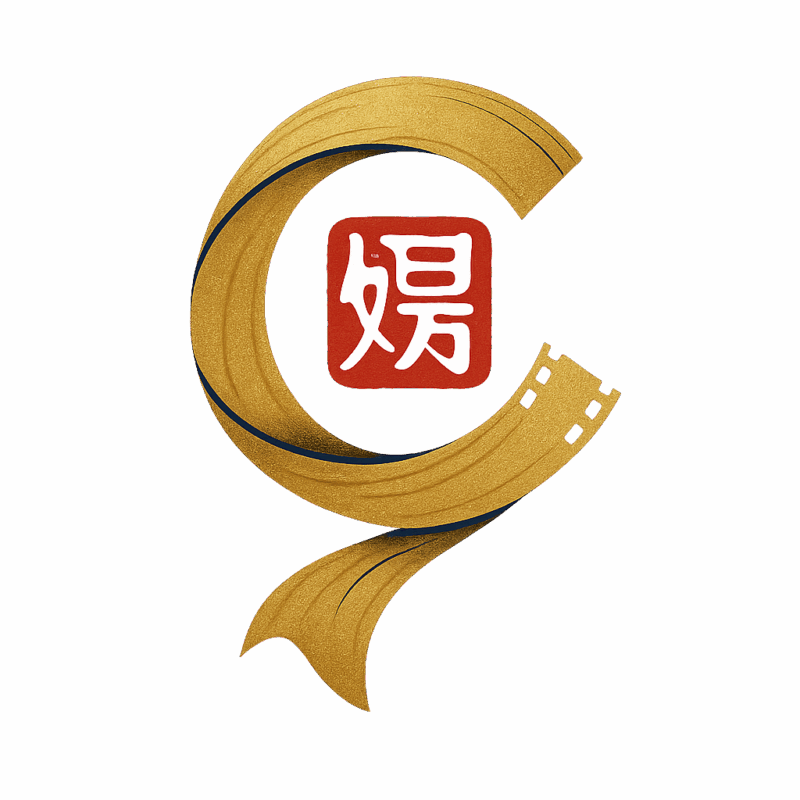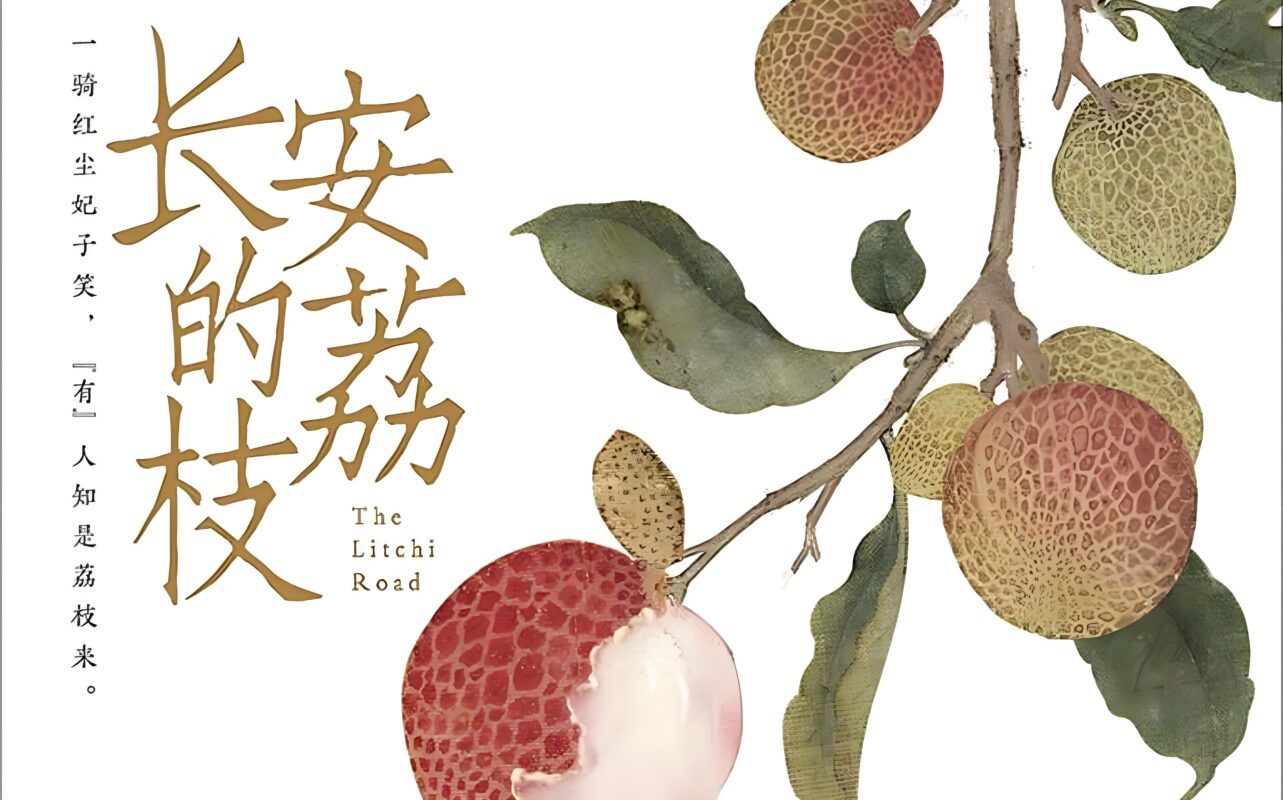Historical Premise and Narrative Core
(The Weight of an Imperial Decree)
Set against the vibrant yet treacherous backdrop of Tang Dynasty China during the Tianbao era (742-756 AD), Ma Boyong’s Lychees of Chang’an(The Litchi Road) centers on Li Shande, a low-ranking imperial bureaucrat thrust into a logistical nightmare. Tasked by Chancellor Yang Guozhong with transporting fresh lychees from Lingnan (modern Guangdong) to Chang’an (Xi’an) within three days for Imperial Consort Yang Yuhuan’s birthday, Li confronts an impossible mission. The novel’s brilliance lies in transforming a historical footnote—the infamous lychee tributes referenced in Du Mu’s poetry—into a microcosm of systemic decay. Ma masterfully escalates tension through the fruit’s biological fragility: “One day to spoil, two to lose fragrance, three to forfeit flavor” becomes a ticking clock against 5,000 li (≈1,500 miles) of mountains, rivers, and bureaucratic quicksand. This premise transcends mere adventure; it interrogates the human cost of imperial extravagance through the lens of a commoner’s desperation.
Protagonist as Bureaucratic Antagonist
(The Reluctant Revolutionary)
Li Shande defies traditional hero archetypes, embodying the quiet resilience of mid-level functionaries. A calculator-wielding logistics officer (Suanxue Boshi) in the Court of the Imperial Granaries, his expertise in abacus-driven mathematics becomes his sole weapon against institutionalized impossibility. Ma Boyong subverts expectations by crafting a protagonist whose “revolution” is pragmatic, not ideological. Li’s transformation—from an obedient cog resigned to mediocrity to a subversive strategist manipulating the system he once upheld—unfolds through incremental defiance. His ingenuity manifests not in grand speeches but in experimental preservation techniques (wax-sealed bamboo tubes, layered ice), route optimization algorithms, and improvised funding schemes that exploit procurement loopholes. This metamorphosis critiques the Tang’s meritocracy myth: Li’s brilliance only surfaces when survival demands dismantling the bureaucracy designed to stifle initiative.
Tang Realism and Logistical Archaeology
(Engineering History’s Edges)
Ma Boyong elevates historical fiction through forensic attention to Tang material culture. The novel meticulously reconstructs imperial courier networks (Yizhan), documenting relay stations’ spacing, horse endurance limits, and corruption-fueled delays. Li’s trials expose infrastructure decay: crumbling roads, underpaid couriers, and local official obstruction that amplify natural obstacles. Beyond logistics, the narrative immerses readers in period-specific textures: the sulfurous stench of Chang’an’s tanneries, the monsoon-soaked claustrophobia of Lingnan’s lychee orchards, and the gilded rot of aristocratic banquets where a single fruit symbolizes dynastic excess. This sensory historiography reveals Tang governance’s fragility—a system where lychee freshness hinges on nested layers of exploitation, from orchard workers to overdriven horses.
Satire of Structural Entropy
(Dysfunction as the Default State)
The lychee mission evolves into a devastating institutional autopsy. Ma deploys dark comedy to expose systemic incompetence: ministries withhold resources to avoid blame, mid-level officials sabotage rivals, and accounting tricks disguise fatal delays. Chancellor Yang Guozhong emerges as the embodiment of feudal absurdity—his whimsical demand for “impossible freshness” masks a power consolidation scheme, using Li as a disposable pawn. The novel’s satire sharpens through arithmetical irony: Li calculates exact lychee spoilage rates (hour-by-hour moisture loss) while the court drowns in fiscal illiteracy, spending 50,000 strings of cash to deliver 30 fruits. This juxtaposition underscores Ma’s critique: empires collapse not from barbarian invasions but internal resource misallocation and the dehumanization of labor.
Enduring Relevance and Thematic Resonance
(Echoes in Modern Workspaces)
Despite its 8th-century setting, Lychees of Chang’an resonates as a timeless parable of workplace alienation. Li’s struggles mirror contemporary project management hell: unrealistic deadlines, underfunded budgets, and executive indifference to ground-level realities. His triumph—delivering lychees at catastrophic personal cost (exile, trauma, moral compromise)—subverts traditional victory narratives, asking: Can technical brilliance redeem systemic cruelty? The novel’s legacy lies in humanizing historical anonymity. By fictionalizing the “unnamed lychee courier” implied in Tang poetry, Ma restores dignity to those crushed by imperial machinery. This focus on small people’s survival—their ingenuity, despair, and quiet rebellion—transforms a niche historical episode into a meditation on agency within oppression. As adaptations proliferate (notably the controversial 2025 drama), the core lesson endures: efficiency within broken systems perpetuates them, demanding radical reimagining.

